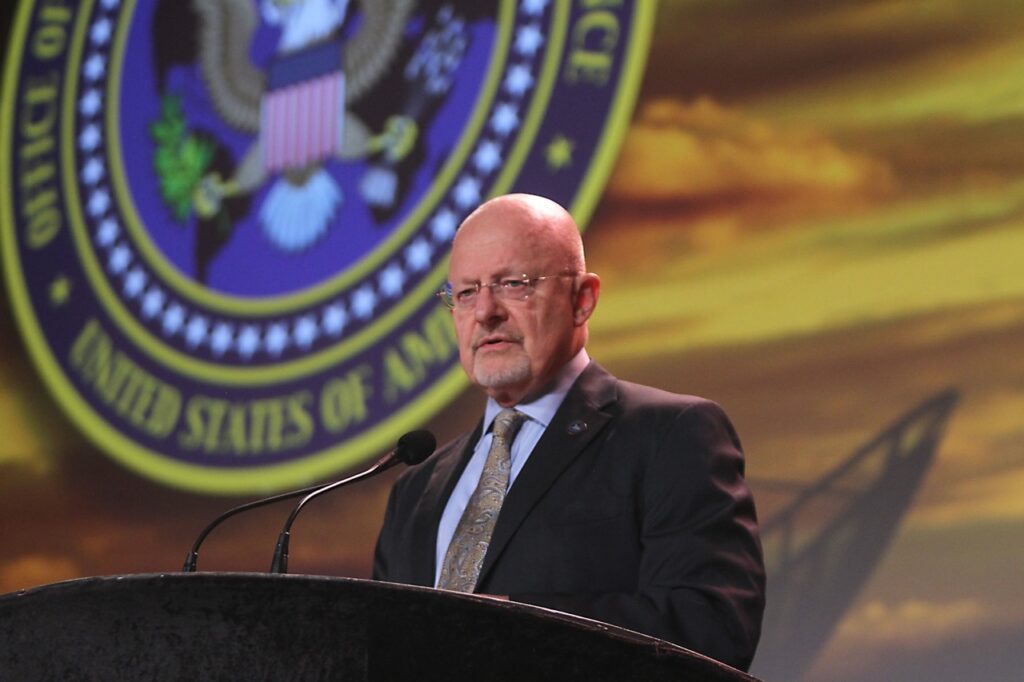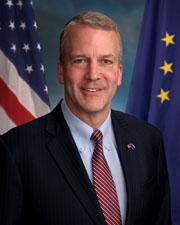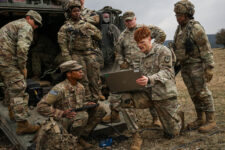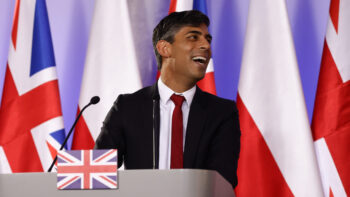
James Clapper
WASHINGTON: The day before intelligence analysts brief a skeptical Donald Trump on Russian interference with the 2016 elections, the Director of National Intelligence told supportive senators that he had only grown more confident the Kremlin was the culprit. DNI James Clapper not only repeated his assessment that Russia had tried to manipulate the election with hacking and online disinformation, he said the campaign was worse than anything the Soviet Union had tried during the Cold War. It’s also still going on.

Emblem of Russian military intelligence (GRU)
“The Russians have a long history of interfering in elections, theirs and other people’s,” Clapper told the Senate Armed Services Committee, which plans to hold a series of hearings on the subject. “This goes back to the ’60s, the heyday of the Cold War, [with] funding [for] candidates they’ve supported, the use of disinformation — but I don’t think that we’ve ever encountered a more aggressive or direct campaign to interfere with our election process.”
“It was a multifaceted campaign,” Clapper emphasized. “The hacking was only a part of it, and it also entailed classical propaganda, disinformation, fake news.”
So, asked SASC’s top Democrat, Jack Reed, “does that continue?”
Clapper: “Yes.”

Emblem of Russian Foreign Intelligence Service (SVR, formerly part of the KGB)
Clapper & co. are finishing an in-depth report on Russian interference with the election that they will brief select legislators on next week; an unclassified version will come later. What will they say? Despite Trump’s mounting criticisms of the intelligence community, Clapper told the committee repeatedly that the agencies’ collective confidence has only increased: “Our assessment now is even more resolute than it was with that statement on the 7th of October.”
Clapper was referring to his joint statement with the Homeland Security Department, which declared “The U.S. Intelligence Community (USIC) is confident that the Russian Government directed the recent compromises of e-mails from US persons and institutions…to interfere with the US election process.” President-Elect Donald Trump has repeatedly questioned the link to Russia — whose leader Vladimir Putin he’s repeatedly praised — and approvingly cited WikiLeaks director Julian Assange’s denial of Russian involvement.
SASC chairman John McCain, a leading Republican critic of Trump, is having none of it. When Assange leaked a quarter-million confidential diplomatic cables in 2010, McCain said today, “publishing names of individuals who worked for us…put their lives in direct danger.” (At the time, Trump said the leakers deserved “like death penalty or something.”) Later in the hearing, McCain prompted Clapper to recount Assange’s failings, notably the Swedish arrest warrants for rape and sexual harassment which he’s been hiding out from in the Ecuadorian Embassy in London since 2012.

John McCain
McCain didn’t feel the need to draw conclusions in public, but his Democratic colleagues certainly did. “I actually find it stunning there’s even a discussion in this country about the credibility of our intelligence agencies versus Mr. Assange,” said Sen. Joe Donnelly, “[but] we’re on your side every time.”
“That the soon-elected leader of this country would put Julian Assange on a pedestal compared to the men and women of the intelligence community and the military,” fumed Sen. Claire McCaskill, “mark my words, if the roles were reversed, there would be howls from the Republican side.”
“Thank you for that non-partisan comment,” McCain said drily.

Sen. Lindsey Graham
McCain’s own Republican protégé picked up the attack. “I want to let the President-Elect know, it’s ok to challenge the intel, you’re absolutely right to want to do so, but what I don’t want you to do is undermine those who are serving our nation in this arena,” said Sen. Lindsey Graham, who’s an even harsher critic of Trump then his mentor McCain. “I think they need to be uplifted not undermined.
The closest thing on the committee to a Trump apologist was Sen. Tom Cotton. The Iraq veteran turned Senator decried hyperbolic descriptions of the Russian threat — there’s no evidence they hacked the vote-counting process itself, he noted and Clapper agreed — and argued that Trump’s plans to boost defense spending, build up the nuclear arsenal, and increase US oil and gas production hardly makes him a patsy for the petro-kleptocratic militarists in Moscow.

A Navy depiction of the “cyber kill chain”
Glass Houses & Throwing Stones
Despite the senators’ clear sympathy for Clapper and his co-witnesses, Adm. Mike Rogers and undersecretary Marcel Lettre, the committee did give them a hard time on one issue: retaliation. While answering a cyber attack with another cyber attack may not be as effective as using sanctions, diplomacy, or conventional military action, the legislators largely agreed, answering a cyber attack with nothing just begs to be attacked again.
“Nobody seems to be intimidated by us right now,” lamented Sen. Dan Sullivan. The US must retaliate more strongly, he asked, lamenting the theft of his own personal data when China hacked the Office of Personnel Management.

Sen. Dan Sullivan (R-Alaska)
“People who live in glass houses need to think about throwing rocks,” replied Clapper replied, who’s said the OPM breach did not count as an “attack.” Nations traditionally don’t retaliate against one another for acts of espionage that stay within certain customary bounds, he said, and “we and other nations conduct similar acts of espionage.”
Sen. Sullivan’s time to talk had expired, but his face was eloquent in its expression of disbelief bordering on disgust.
How to retaliate against cyber attacks, and the larger question of how to deter them, has been a focus for SASC chairman John McCain as well. He was no more contented than Sullivan. “I’ve asked time after time what do you do in the case of an attack and there’s not been an answer,” lamented McCain. “There’s not been an answer.”
We can stipulate there are some areas where we shouldn’t be throwing stones, added Sen. Graham, but foreign meddling in our elections is not one of them. Obama’s sanctions on Russia so far amount to throwing “pebbles,” he said. “When it comes to interfering with our election, we better be ready to throw rocks.”
In a Taiwan conflict, tough choices could come for Big Tech
Washington could do more to incentivize tech companies to distance themselves from China, but CEOs should examine how they’d react to a fight in the Pacific, CSET’s Sam Bresnick and Emelia Probasco argue.


























